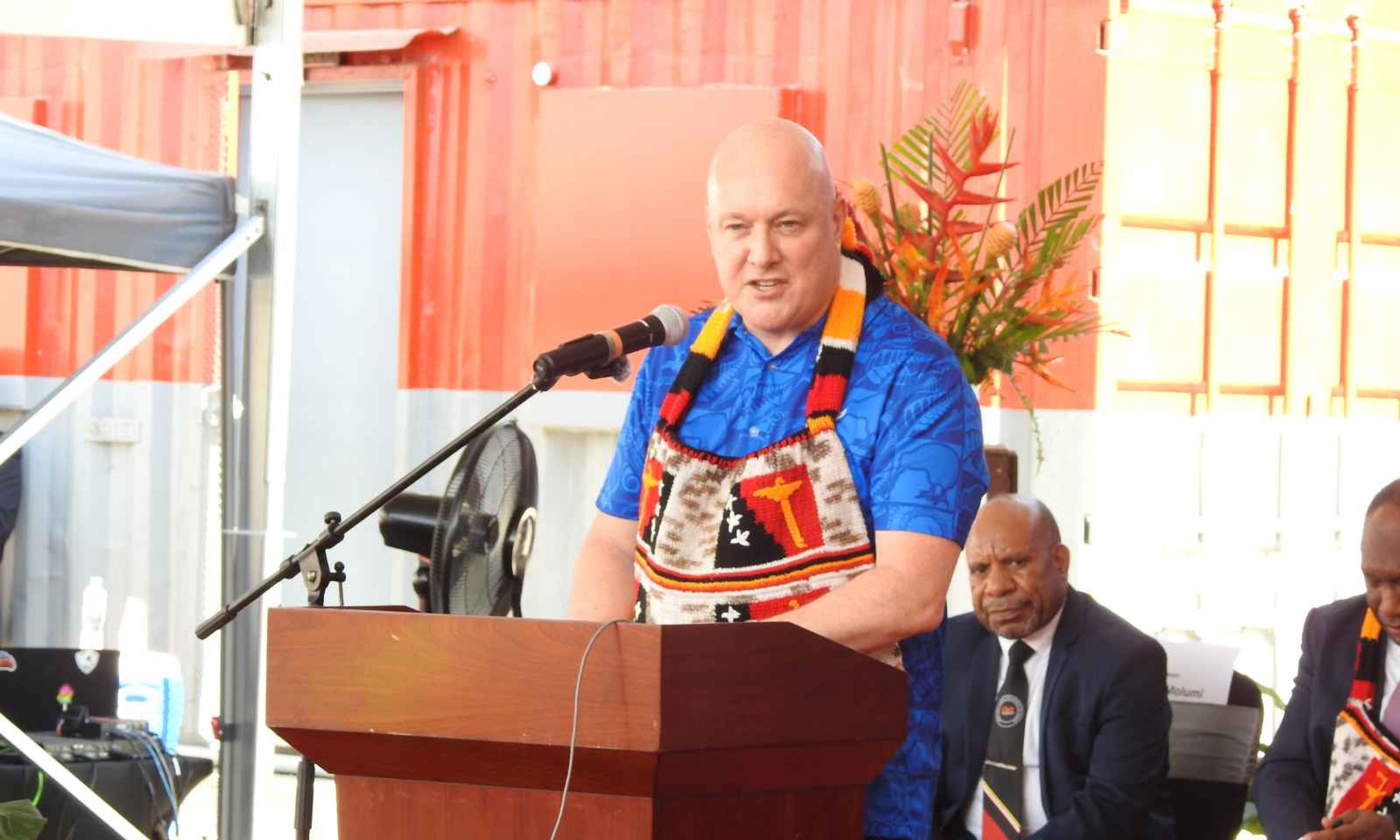
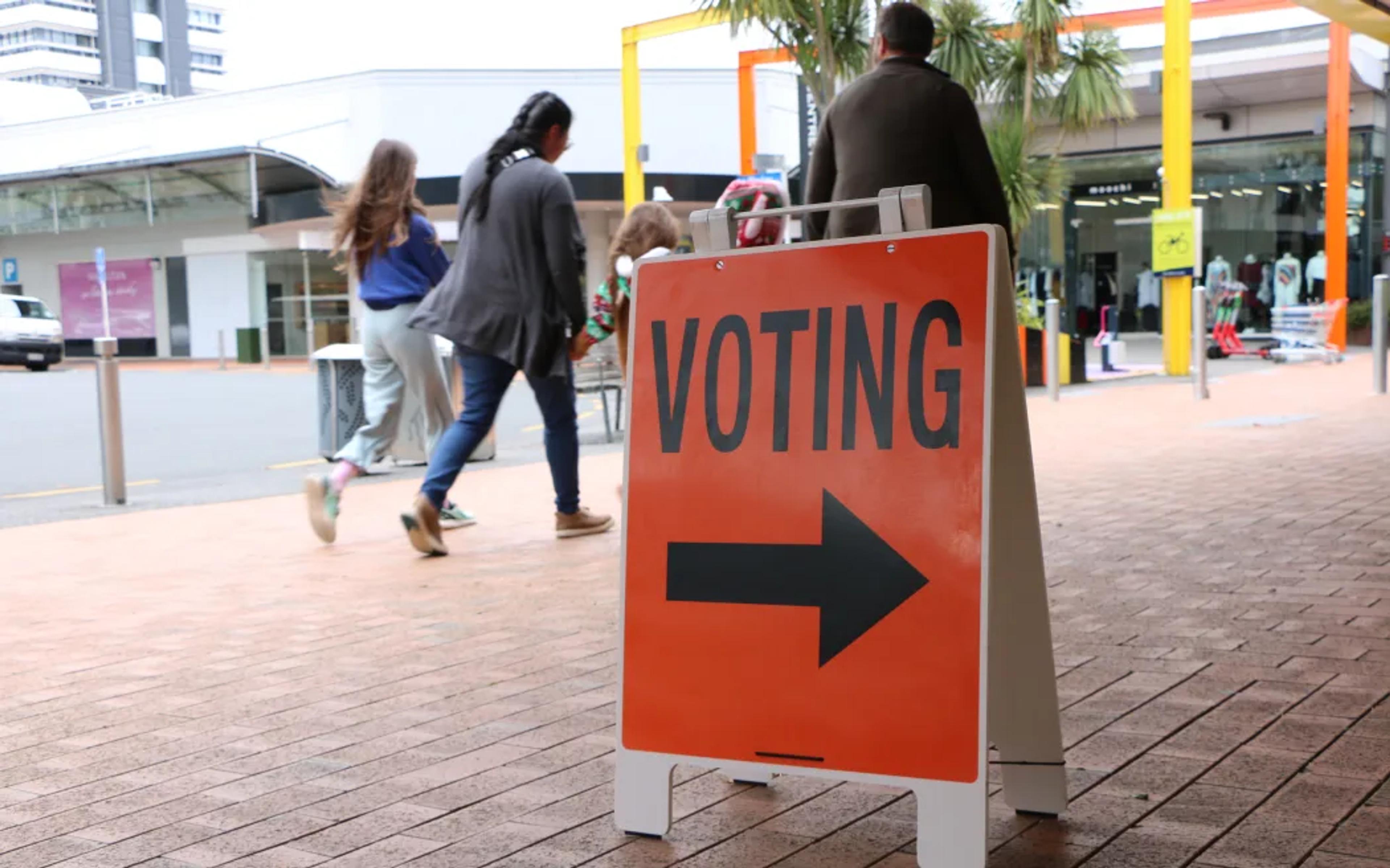
Candidate nominations for the local elections open on 4 July.
Photo/RNZ/Anneke Smith
Local elections are coming: Here’s what you need to know
Local government elections are approaching, with nominations opening on 4 July and closing on 1 August.



Sharks, clams, turtles and classrooms: Inside the latest Pristine Seas ocean mission in Fiji

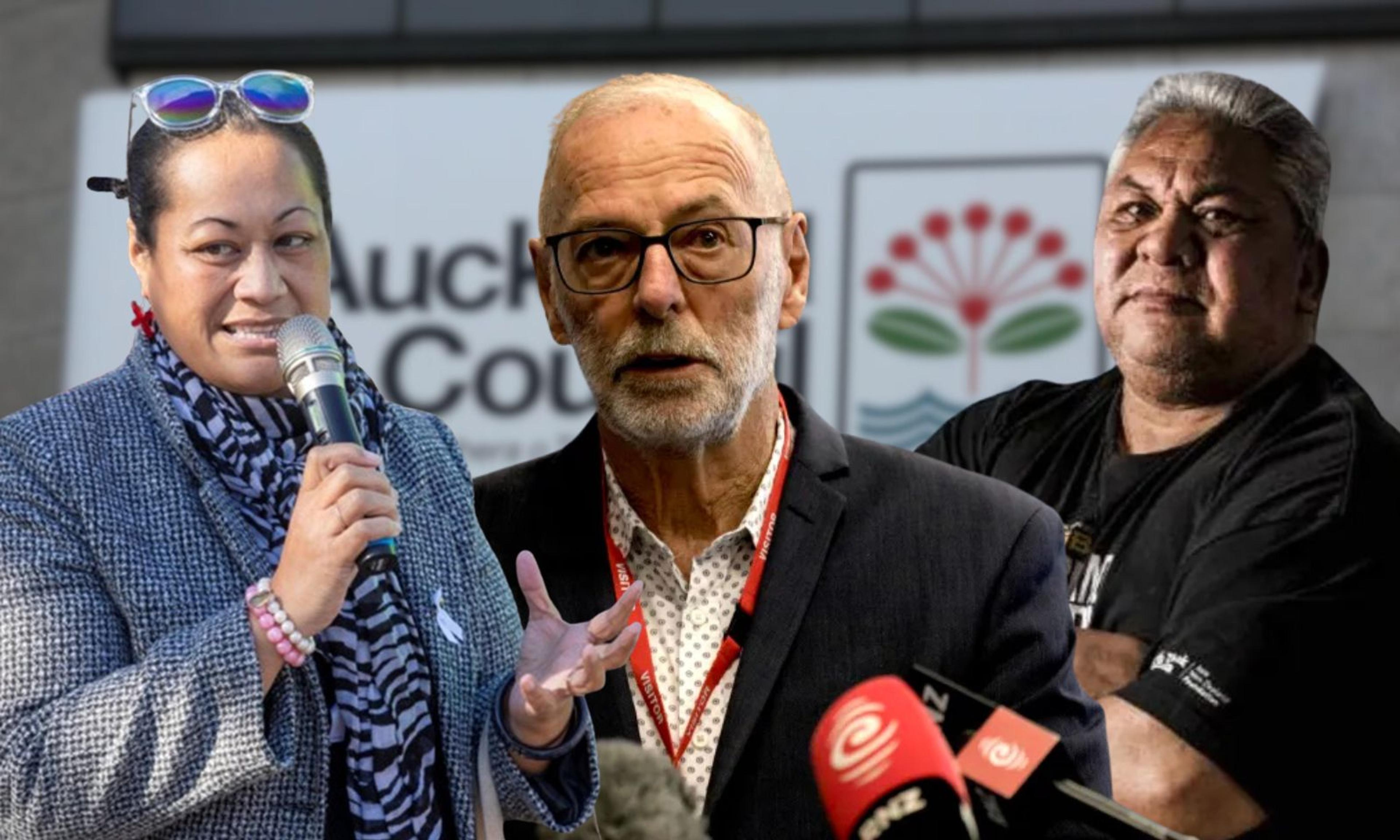
Councillors hit back at Mayor Wayne Brown's 'Pacific victims' remark



Sharks, clams, turtles and classrooms: Inside the latest Pristine Seas ocean mission in Fiji


Councillors hit back at Mayor Wayne Brown's 'Pacific victims' remark
Fiery debates, sensational promises and an onslaught of grinning politicians. It’s time again for local elections.
Nominations open on July 4, but dozens of people have already registered for councils across Aotearoa.
So, what do you need to know before the October 11 local election?
It's only the local elections, do they even matter?
From playgrounds to cycle lanes, roaming pets to stinky rubbish, local authorities are responsible for planning and managing your city, town or district.
Councillors decide on rates and spending priorities, including library funds, local roads, recycling, pest control and events.
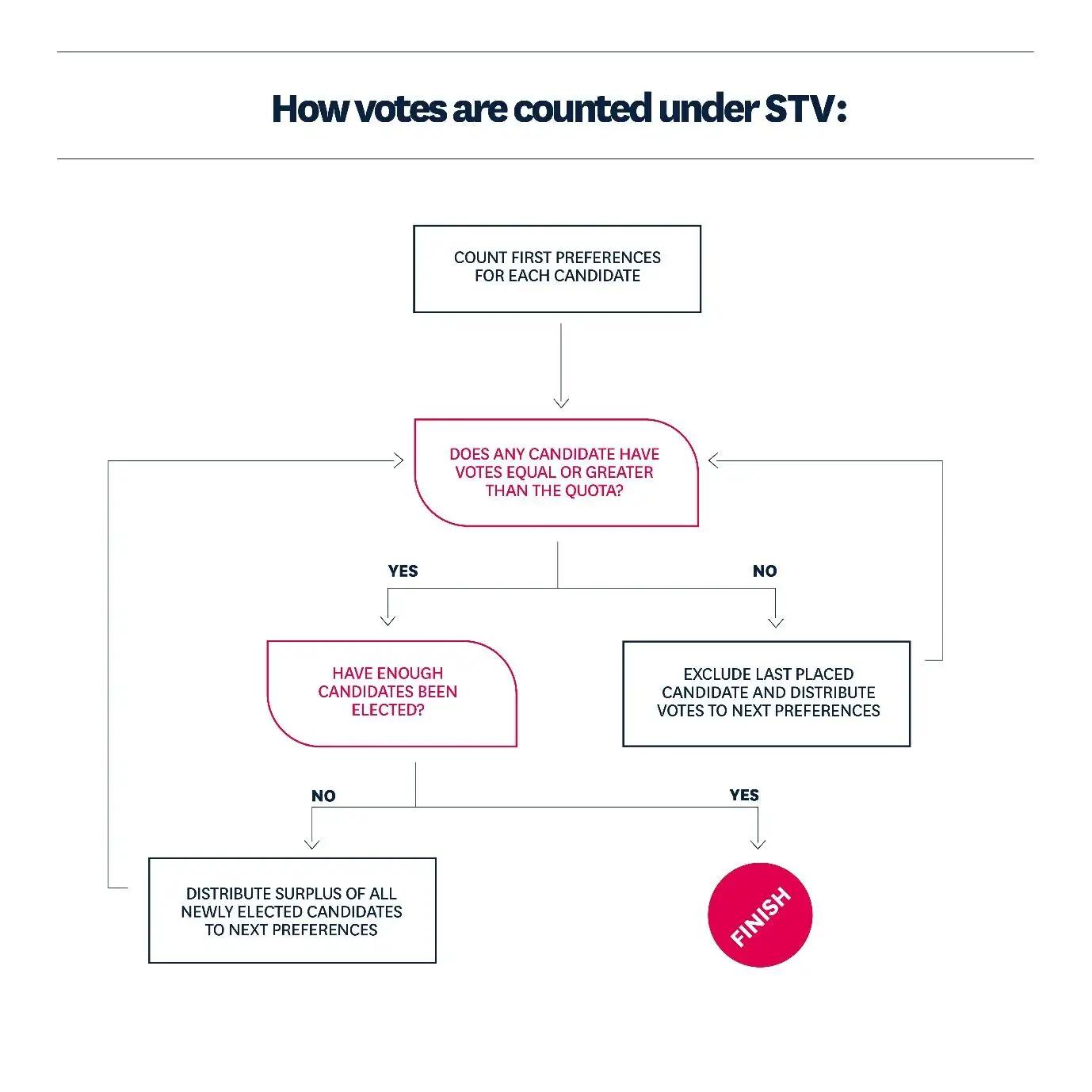
Photo/votelocal.co.nz
Councils can also set rules, from inner-city booze bans to dog control.
The elections are your chance to vote for the people who make decisions affecting your backyard. Elections are held for the regional, city and district councils.
You can also vote for the mayor, while some residents vote for local and community boards.

Tauranga City Council held its election in 2024. Councils are normally elected for three years, but Tauranga's council gets a four-year term. Photo/RNZ/Libby Kirkby-McLeod
Who gets to vote?
You must be 18 years or older, a New Zealand citizen or permanent resident, and you’ve lived in Aotearoa continuously for 12 months or more at some time in your life.
If you’re overseas, homeless or in prison, you may still be able to vote. Check all the criteria here. [https://vote.nz/enrolling/get-ready-to-enrol/are-you-eligible-to-enrol-and-vote/]
But I don’t think I’m enrolled
You are automatically enrolled if you are registered to vote in Parliamentary elections.
To enrol or check your details, visit the Votelocal website. You can change your details here too. [https://www.votelocal.co.nz/information-for-voters/]
If you enrol after 1 August, you must cast a ‘special vote’.
General or Māori roll?
If you’re of Māori descent, you can decide which electoral roll you want to be on.
If you’re on the Māori Roll and your local authority has a Māori ward or constituency, you’ll vote for a candidate in the Māori ward.
You can change your roll type at any time except three months before local elections.
How to vote
You will receive a voting document in the mail so that you can vote by post.
Some regions will also have orange boxes set up in public places where you can cast your vote. Councils will release these details closer to the election.
Local elections are on Saturday, 11 October, but you don’t have to wait until then to vote.
Voting papers must be posted back by October 7, or an orange ballot box must be placed by midday on October 11.
Some people also get two votes, such as those who pay rates on two properties.
[https://www.stuff.co.nz/nz-news/360654816/why-some-aucklanders-get-extra-votes-local-election]. You’ll need to check with your council.
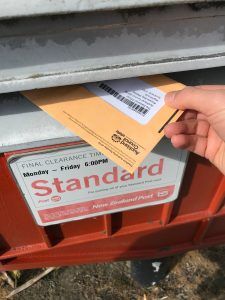
Voting papers will be delivered in September. Photo/RNZ/Eveline Harvey
Are all regions voting?
Tauranga City Council won’t hold an election. The city returned to democratic elections last year after farewelling its Commission.
The council will have an unusual four-year term, with the next local election in 2028.
But Tauranga residents can still vote for their regional council.
What if I want to run for council?
Are you unhappy with your region's current leadership? You could try to get a seat at the council or local board table.
Candidate nominations are open from July 4 until August 1.
You must have nominations from two people and can’t nominate yourself. [https://www.votelocal.co.nz/information-for-candidates/]
People who nominate candidates must be over 18 years old and registered to vote in the area where the candidate is planning to stand.
Candidates must be New Zealand citizens over 18 years old and enrolled to vote.
How do I know who is running?
Councils run the local elections and will provide information on the candidates.
Typically, councils are legally obliged to publish their candidate lists after nominations close.
Look out for local debates, news stories and pamphlet drops. Once the election draws closer, the billboards and door knocks will begin.
It's worth researching candidates, as disinformation can be circulated during elections.
When will we know the results?
Progress results will start coming in from noon on 11 October.
Declaration of results will be released from 16-22 October.
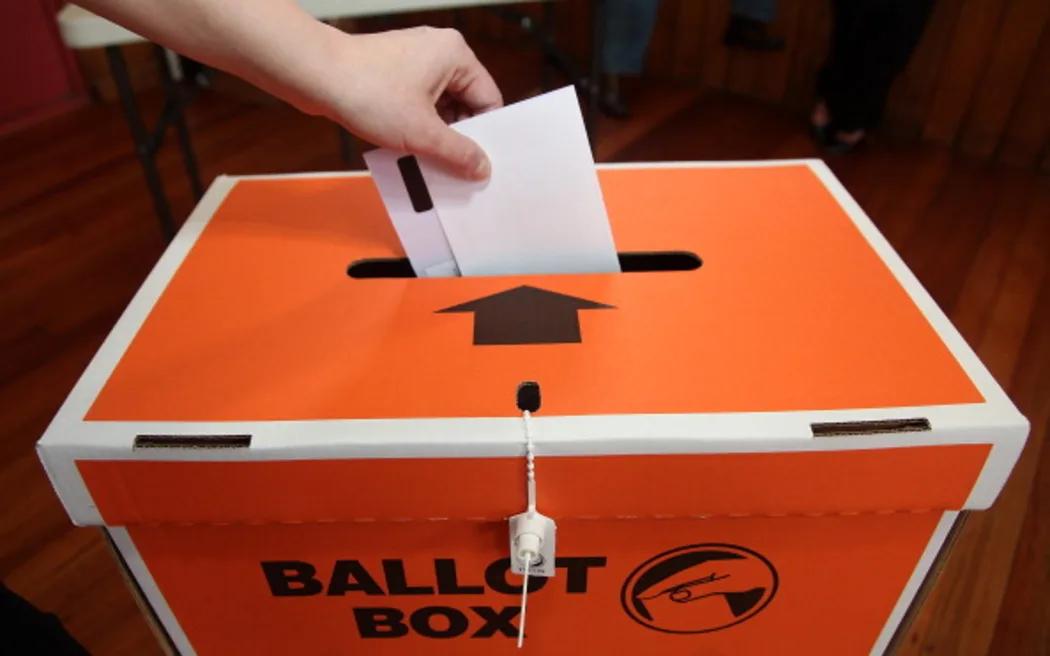
Nominations close on at 12pm on Friday, 1 August. Late nominations will not be accepted. Photo/NZ Electoral Commission
Election timeline
4 July: Candidate nominations open and roll opens
1 August, midday: Candidate nominations close and roll closes
6 August: Public notice of candidates’ names
9-22 September: Voting documents delivered
7 October: Last day for posting vote by mail. After this date, votes must be returned to the council’s ballot boxes.
11 October: Election day – voting closes midday, followed by progress results
16-22 October: Declaration of results
October/November 2025: Elected members sworn in